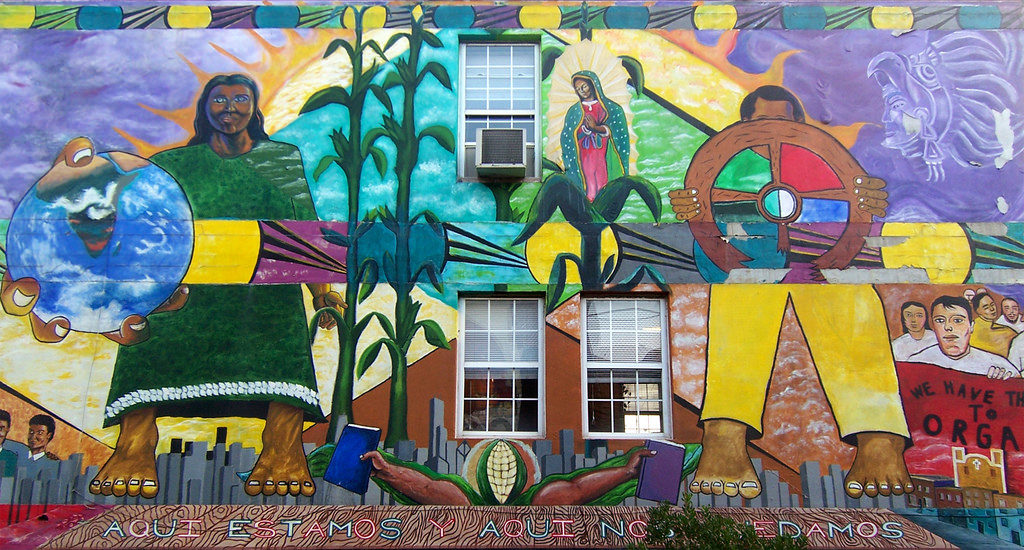Annotating Papers for the ASA’s “Pedagogies of Dissent” Conference

Lately, we at Hypothesis have been thinking about how web annotation can support collaboration and conversation leading up to and following up from professional meetings. Just as Twitter has become a go-to back channel for academic conferences, amplifying and extending live conversations, we believe that Hypothesis could serve in a similar capacity, particularly when there are textual artifacts grounding or driving the conversation.
The 2017 American Studies Association annual meeting presents a unique opportunity for this ongoing experiment. The conference this year is themed “Pedagogies of Dissent” and the program committee has proposed alternative formats that “disrupt the conventional ‘three people reading papers’ format” typical of such professional academic meetings. One of these new formats, the “online format,” is particularly conducive to leveraging Hypothesis for discussion:
Presenters will post their papers on the Internet one month before the meeting. These sessions will be prominently marked in the program as intended primarily for an audience that has read the papers in advance and followed whatever online discussion they may have generated. The session will be devoted to formal commentary and group discussion. The panel will set up the website on their own server, post the online papers, and provide the forum for discussion. The ASA will publicize the online sessions and include links in the online program to the panel’s website and discussion blog.
At the suggestion of long-time Hypothesis user Jeff Allred, we will be hosting a set of papers on “dissenting” digital pedagogy for collaborative annotation ahead of the ASA annual meeting in November, seeking to generate conversation that will enrich the conversation that takes place on site. The papers were written for a panel entitled “Aided, Inspired, Multiplied: Web 2.0, Collaborative Writing, and Social Reading,” featuring Jeff Allred (Hunter), Erin Glass (UCSD), and Larry Hanley (San Francisco State). Our own Jeremy Dean will chair the panel. (You can read the original proposal for the session here.)
The papers are linked below and we invite you to join the conversation. Tweet your annotations using the hashtag #2017ASA.
- Research Interpretation Play – Jeff Allred, Professor of English, Hunter College/CUNY
- Towards Dialogical Student Publics – Erin Rose Glass, Associate Director of Digital Arts & Humanities Initiatives at the Institute of Arts & Humanities at the University of San Diego, California
- Exploiting the Network – Larry Hanley, Professor of English, San Francisco State University
And if you’d like to do a similar annotation project related to your own scholarship, please let us know.